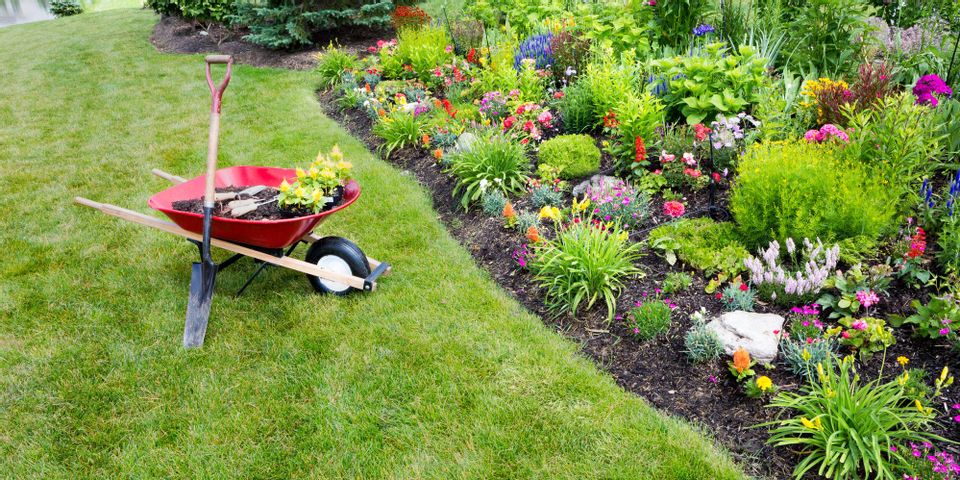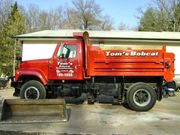
Cultivating healthy plants requires many different components. One of the most important is topsoil, which is available in both screened and unscreened varieties. If you aren’t sure which of these is the most appropriate option for your landscaping, here’s what you should know about how the two substances differ.
What’s the Difference Between Screened & Unscreened Topsoil?
Screened Topsoil
Soil that’s been screened goes through a filtration process before it’s sold. The material is sifted through mesh screens of varying sizes, allowing them to efficiently extract particles like sticks, rocks, twigs, pebbles, and clumps. Depending on the type of screens used, the finished product may possess either a fine or coarse finish.
 Landscaping professionals and homeowners can use screened topsoil to pad their gardens and plant new greenery. This soil has particles that are uniform in size. It also drains well and provides nutrients easy pathways to plants’ roots, so your vegetation has an excellent opportunity to thrive.
Landscaping professionals and homeowners can use screened topsoil to pad their gardens and plant new greenery. This soil has particles that are uniform in size. It also drains well and provides nutrients easy pathways to plants’ roots, so your vegetation has an excellent opportunity to thrive.
Unscreened Topsoil
This topsoil does not undergo a filtration process. It’s excavated from construction sites or other work zones and has a more craggy and thick consistency. This soil is not appropriate for most gardening purposes because it may contain sticks, stones, and weeds that could compromise plant roots, preventing nutrients from reaching them.
This mixture is used in a variety of construction jobs. For example, it’s ideal for filling holes and creating supportive bases for walls. On landscaping, it can be useful to level uneven ground or elevate a flower bed. However, it only serves as a subbase; screened soil must be used wherever plants are grown.
If you need topsoil for your upcoming project, trust the professionals at Tom’s Bobcat & Snowplowing to supply what you need. Serving clients throughout La Crosse, WI, and the surrounding areas, this company provides a variety of additional materials, including gravel and black dirt. Visit them online to find out more about their land clearing services, or call (608) 785-1888 to speak with a representative.
About the Business
Have a question? Ask the experts!
Send your question

